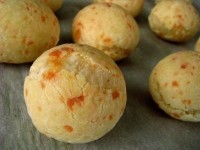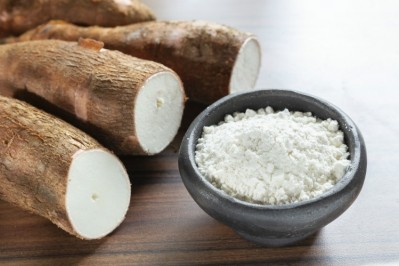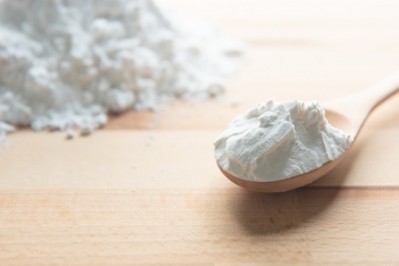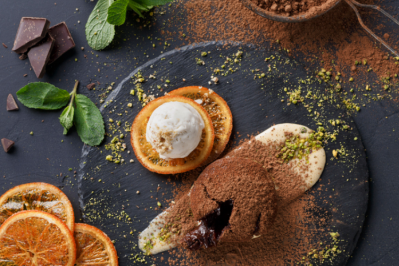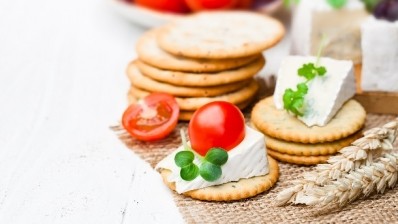Ingredion launches range of clean label tapioca flours
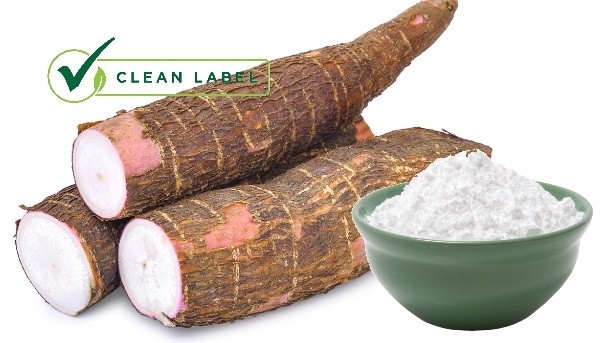
The Homecraft Create tapioca flours arose following Ingredion’s proprietary research in 26 countries to assess preferences on functional texturisers and stabilisers.
Dan Haley, director of the global Wholesome Springboard at Ingredion, said consumers perceive flours to be healthy, given their association with minimal processing.
“The challenge for food manufacturers has been to formulate with flour without compromising flavor, texture, appearance and a gluten-free positioning,” he said.
Global acceptance of tapioca flour
Research also found consumers want products that are the closer to nature, that is, made from ingredients they would find in their kitchen cabinet.
What is tapioca?
- The starch extracted from the cassava root, which is native to Brazil.
- Neutral flavor and strong gelling power.
- Usable as a thickening agent in both sweet and savory foods.
- Can withstand a freeze-thaw cycle without losing its gel structure or breaking down, unlike cornstarch.
- Does not contain gluten.
- High in carbs, but also considered to be fat and protein-free (152 g of tapioca contains roughly 544 calories, 135 g carbs, 0 g fat and 0 g protein).
Chong Hui Cheng, marketing manager, APAC, noted that two out of three consumers in the region accept tapioca flour as a food ingredient, while Angelina De Castro, senior marketing manager, North America, said tapioca flour consistently ranked very high in ‘natural’ perception and acceptability in the US and Canada.
Similarly, according to Davy Luyten, marketing manager in EMEA, 75% of European consumers placing importance on recognizable ingredients, presenting an opportunity for tapioca flour.
In fact, according to Mintel, the number of new products formulated globally with tapioca flours has seen a 38% compound annual growth rate (CAGR) since 2012.
Applications testing showed that, although tapioca is mainly used as a thickening agent by food manufacturers, it is also suitable for breads (such as the Brazilian speciality Pão de Queijo - pictured opposite - that is made with tapioca flour), crackers, yogurts, soups, desserts, fruit preparations and baby foods.
Clean label and process-stable
Ingredion’s Homecraft Create tapioca flour range couple a clean ‘tapioca flour’ label with the functionality of a modified starch and can be adapted to suit a variety of production processes.
The company said the flours provide good flavor release and a creamy texture that allow food manufacturers to reduce fat content. Additionally, the range delivers higher viscosity than clean label starches in some applications, offering opportunities for cost savings.
The clean label tapioca flours will be introduced in phases across the world and also support non-GMO and gluten-free claims.
The tapioca flours have been added to Ingredion’s Homecraft Create line of flours that includes multi-functional rice and pulse flours.
The Ingredion group of companies turns grains, fruits, vegetables and other plants into value-added ingredients, serving customers in over 100 countries.
The company reported a 1% increase in sales in 2016, to $5,7bn from $5,6bn the year prior.
